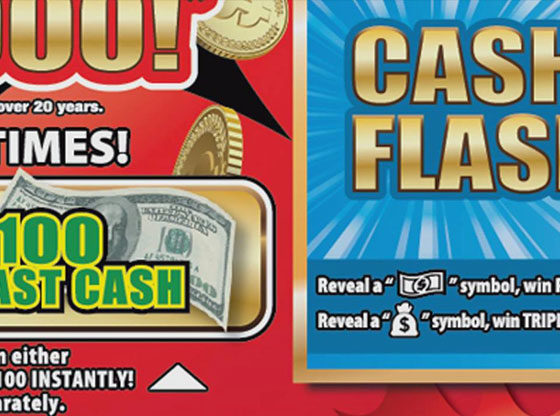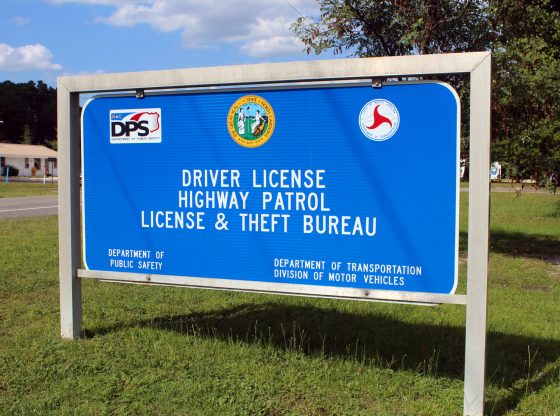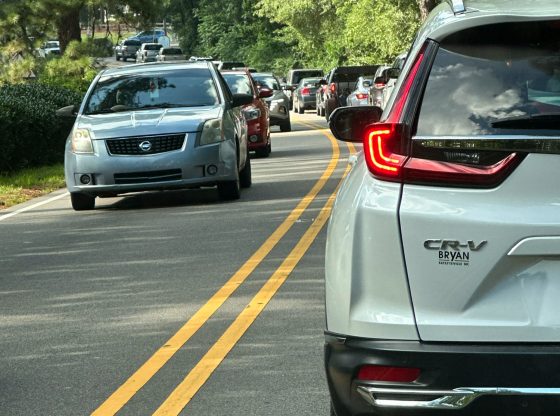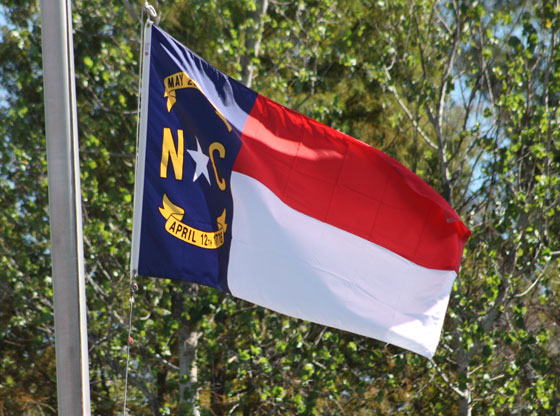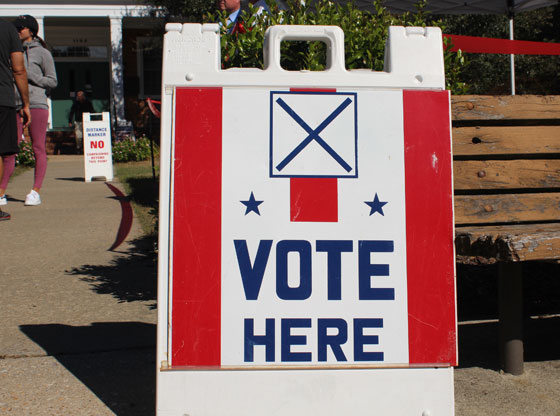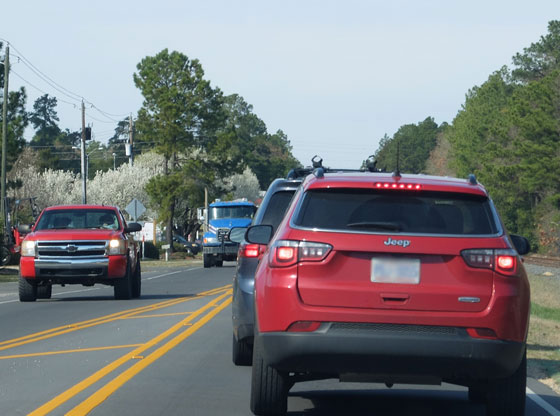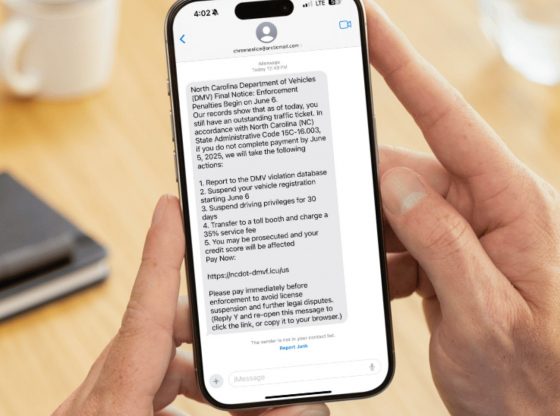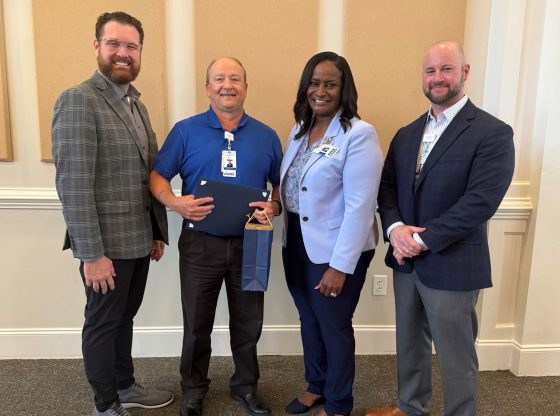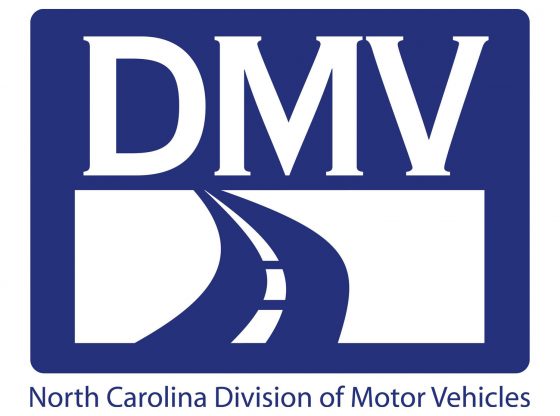RALEIGH, N.C. (AP) — North Carolina’s attorney general has come out against expanding online sales by the state lottery, suggesting such “digital instants” could run afoul of state laws prohibiting video sweepstakes machines.
Word about Democrat Josh Stein’s opposition spread as North Carolina State Lottery Commission members met Tuesday to examine a draft business plan to offer such games. Commission members took a key step toward digital instants last month — without finalizing their production — by asking for the plan.
North Carolina law says the lottery can approve any game another state lottery already offers. Digital instants, which are essentially the electronic equivalent of scratch-off tickets offering cash prizes, already are in five other states.
But Stein told commission Chairman Courtney Crowder in a letter that the games may qualify as video games that have been banned under a separate state law. “The commission lacks authority to offer lottery games that qualify as video games,” Stein wrote Jan. 22, pointing to legal citations.
Stein’s argument aligns with those of online sales critics, who say the digital instant themes and screens look too much like the video sweepstakes games, which legislators and law enforcement have tried for years to root out of the state. Opponents point to the crime associated with illegal sweepstakes parlors and anecdotes of players, particularly in poor areas, emptying their wallets to play.
“I am concerned that these types of games prey on vulnerable people and risk real harm to both communities and families across the state, ” Stein wrote in urging the commission to oppose expansion. The association representing the state’s police chiefs is also opposed.
Legalizing digital instants for the lottery “would make it virtually impossible” to enforce the current sweepstakes ban because players could click on lawful or internet games, said Roxboro Police Chief David Hess, president of the North Carolina Association of Chiefs of Police.
Lottery officials say the two types of games aren’t the same and the authorized online games would be under the state’s control and heavy regulation.
The business model presented Tuesday shows digital instants could generate $80 million in net proceeds annually within five years. The state lottery earned $708 million overall for the 12 months ending last June. Like the current limited online ticket sales already allowed, the “digital instants” would require minimum-age verification and set limits on money transfers to ticket-purchase accounts.
Crowder told reporters Tuesday the lottery hadn’t received such guidance before from the attorney general’s office and said it was being reviewed. Crowder said the commission is undergoing a “methodical” and “deliberate” process.
“I want to make sure that the North Carolina Education Lottery gets it right,” said Crowder, appointed chairman by Democratic Gov. Roy Cooper. “It’s really about making sure that we are moving forward in a way that’s consistent with the values of the state (and) focused on returning proceeds for public education in the state of North Carolina.”
The North Carolina Retail Merchants Association opposes the expansion, worried that online games could cannibalize their sales. The lottery’s business plan produced letters from the Kentucky and New Hampshire lotteries attempting to refute that argument. The liberal-leaning North Carolina Justice Center and conservative John Locke Foundation also are against expansion.
Legislators aren’t in agreement about online sales and could pass laws changing what games are allowed. Commission members are picked by the governor and Republican legislative leaders. More than 30 House Democrats put their names on a letter last month promising to work to bar digital instant lottery games if they were implemented.
While North Carolina lottery overall sales and net income for public education continues to grow, lottery leaders have been looking to tap a new generation of players comfortable with computers and mobile phones.
Copyright 2020, The Associated Press. All rights reserved.
Photo via NC Education Lottery.


